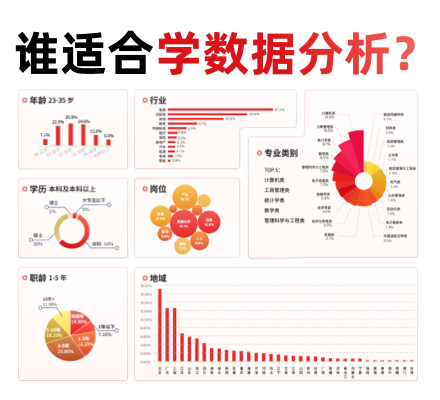sklearn.preprocessing.LabelEncoder¶
class sklearn.preprocessing.LabelEncoder
对目标标签进行编码,其值介于0和n_classes-1之间。
该转换器应用于编码目标值,即y,而不是输入X。
在用户指南中阅读更多内容
版本0.12中的新功能。
| 属性 | 说明 |
|---|---|
| classes_ | array of shape (n_class,) 持有每个类别的标签。 |
另见:
sklearn.preprocessing.OrdinalEncoder
使用序数编码方案对分类特征进行编码。
sklearn.preprocessing.OneHotEncoder
将分类特征编码为一个one-hot 数字数组。
示例:
LabelEncoder可用于标准化标签。
>>> from sklearn import preprocessing
>>> le = preprocessing.LabelEncoder()
>>> le.fit([1, 2, 2, 6])
LabelEncoder()
>>> le.classes_
array([1, 2, 6])
>>> le.transform([1, 1, 2, 6])
array([0, 0, 1, 2]...)
>>> le.inverse_transform([0, 0, 1, 2])
array([1, 1, 2, 6])
它也可以用于将非数字标签(只要它们是hashable和可比较的)转换为数字标签。
>>> le = preprocessing.LabelEncoder()
>>> le.fit(["paris", "paris", "tokyo", "amsterdam"])
LabelEncoder()
>>> list(le.classes_)
['amsterdam', 'paris', 'tokyo']
>>> le.transform(["tokyo", "tokyo", "paris"])
array([2, 2, 1]...)
>>> list(le.inverse_transform([2, 2, 1]))
['tokyo', 'tokyo', 'paris']
方法
fit(self, y) |
适合标签编码器 |
|---|---|
fit_transform(self, y) |
适合标签编码器并返回编码的标签 |
get_params(self[, deep]) |
获取此估计量的参数。 |
inverse_transform(self, y) |
将标签转换回原始编码。 |
set_params(self, **params) |
设置此估算器的参数。 |
transform(self, y) |
将标签转换为标准化的编码。 |
__init__(self, /, *args, **kwargs)
初始化self。有关准确的签名,请参见help(type(self))。
fit(self, y)
适合标签编码器
| 参数 | 说明 |
|---|---|
| y | array-like of shape (n_samples,) 目标值。 |
| 返回值 | 说明 |
|---|---|
| self | returns an instance of self. |
fit_transform(self, y)
适合标签编码器并返回编码的标签
| 参数 | 说明 |
|---|---|
| y | array-like of shape (n_samples,) 目标值。 |
| 返回值 | 说明 |
|---|---|
| self | array-like of shape [n_samples] |
get_params(self, deep=True)
获取此估计量的参数。
| 参数 | 说明 |
|---|---|
| deep | bool, default=True 如果为True,则将返回此估算器和作为估算器的所包含子对象的参数。 |
| 返回值 | 说明 |
|---|---|
| params | mapping of string to any 参数名称映射到其值。 |
inverse_transform(self, y)
将标签转换回原始编码。
| 参数 | 说明 |
|---|---|
| y | numpy array of shape [n_samples] 目标值。 |
| 返回值 | 说明 |
|---|---|
| y | numpy array of shape [n_samples] 参数名称映射到其值。 |
set_params(self, **params)
设置此估算器的参数。
该方法适用于简单的估计器以及嵌套对象(例如管道)。后者的参数形式为<component>__<parameter>这样就可以更新嵌套对象的每个组件。
| 参数 | 说明 |
|---|---|
| **params | dict 估算器参数。 |
| 返回值 | 说明 |
|---|---|
| self | object 估算器实例。 |
transform(self, y)
| 参数 | 说明 |
|---|---|
| y | array-like of shape [n_samples] 目标值。 |
| 返回值 | 说明 |
|---|---|
| y | array-like of shape [n_samples] |




